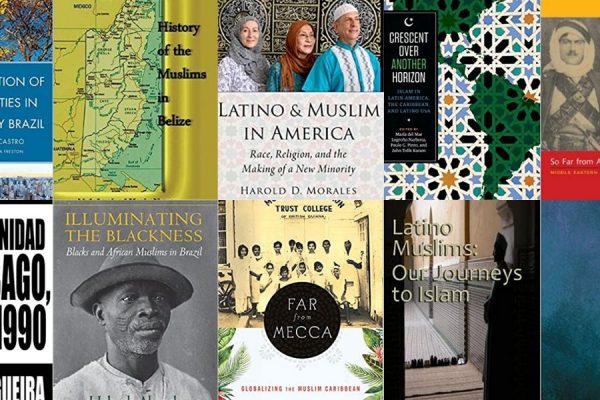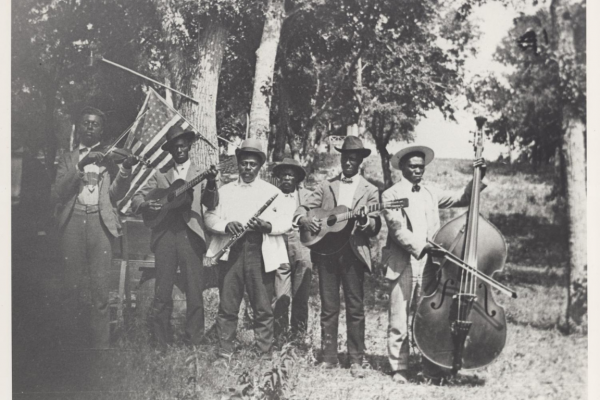Islam, the only constant path in my life, is not only a joyful space but also a world I can share with a community of brothers and sisters in so many amazing diverse and eclectic corners of this world.
Islam, the only constant path in my life, is not only a joyful space but also a world I can share with a community of brothers and sisters in so many amazing diverse and eclectic corners of this world.
I was first called ‘American’ following a U.S. missile attack in Khartoum, Sudan in 1998. I was the newest kid in school and a group of overzealous schoolmates chased after me, chanting in Arabic, “It’s all your fault, you American!” American, those eight letters, unhyphenated, did not rest well with me. I knew I held an American passport; but it was not the only place I came from. I held firmly to my Sudanese roots and bloodline that by then had already been exposed to a plethora of cultures.
I began my own private voyage of dissection. How could I dig deeper, past this inter-sectional identity? How could I own an identity that exists simply as one place on paper, yet transcends lexicons and borders? The only constant and reassuring place that went beyond a documented and fixed identity existed within the four walls of a place I could only simply call home.
I could bore you and tell you about how I grew up in six countries surrounded daily by hundreds of foreign words. How most of the dominant cultures of today poured into my life unannounced as I wandered, taking in as much as my memory and heart would allow me over days, months, and years. How in my teens at parties, friends graciously offered cute introductions like “citizen of the world” and “she’s from everywhere and nowhere” whenever I froze up after a Where are you from? crept into the conversation.
Later in life, I heard about ‘third culture kids’, a group of people who through constant travel, lacked ownership of a particular nationality and culture while embracing multitudes of them at once. I finally found peace, a term that truly described my experience.
A Third Culture Kid is defined as: “TCKs are people who have spent a portion of their formative childhood years (0-18) in a culture different than their parents,” according to Denizen, a prominent online TCK magazine. This is exactly what I subscribe to, but while adding the element of faith, this surely enriches the entire experience.
This mélange of historically and culturally diverse settings has blessed me with a tolerant and formless vision of the world, of many places within places, which often brings to mind the arabesque pattern, how every exposure outside my own culture and community has interlocked and found a way to sustain and reinforce my Islamic beliefs and faith. Within Islam’s straightforward tenets, I am able to reflect and pray on one thing knowing very well that many alternate expectations, realities and consequences exist elsewhere. My faith guides me to accept and empathize in order to move forward. My faith allows me to exist within a context of light and knowledge, it does not ask me to cower away and reject the mosaic of experiences that have shaped the woman I am today.
Islam, the only constant path in my life, is not only a joyful space but also a world I can share with a community of brothers and sisters in so many amazing diverse and eclectic corners of this world. There is calm and wisdom in knowledge. Knowledge and faith have proven to be the light in my life in a world that is constantly tugging us towards polarization and divisiveness. Every version of our future needs tolerance for resolving conflict, for every voice in interfaith dialogues to be heard and respected.
The Islamic faith unifies my understanding of the world and obviates the need to be swayed between different worldviews. As a proud TCK, Islam centralizes my idea of being and solidifies my convictions. Having this constant instils solace and conviction within in a world where inter-sectionality and duality are a two-edged sword while being a blessing in disguise. My faith, being my home beyond nominal identities, begets a feeling of stability and a safe haven to fall back on; for it is indeed a permanent home beyond ephemeral identities.





